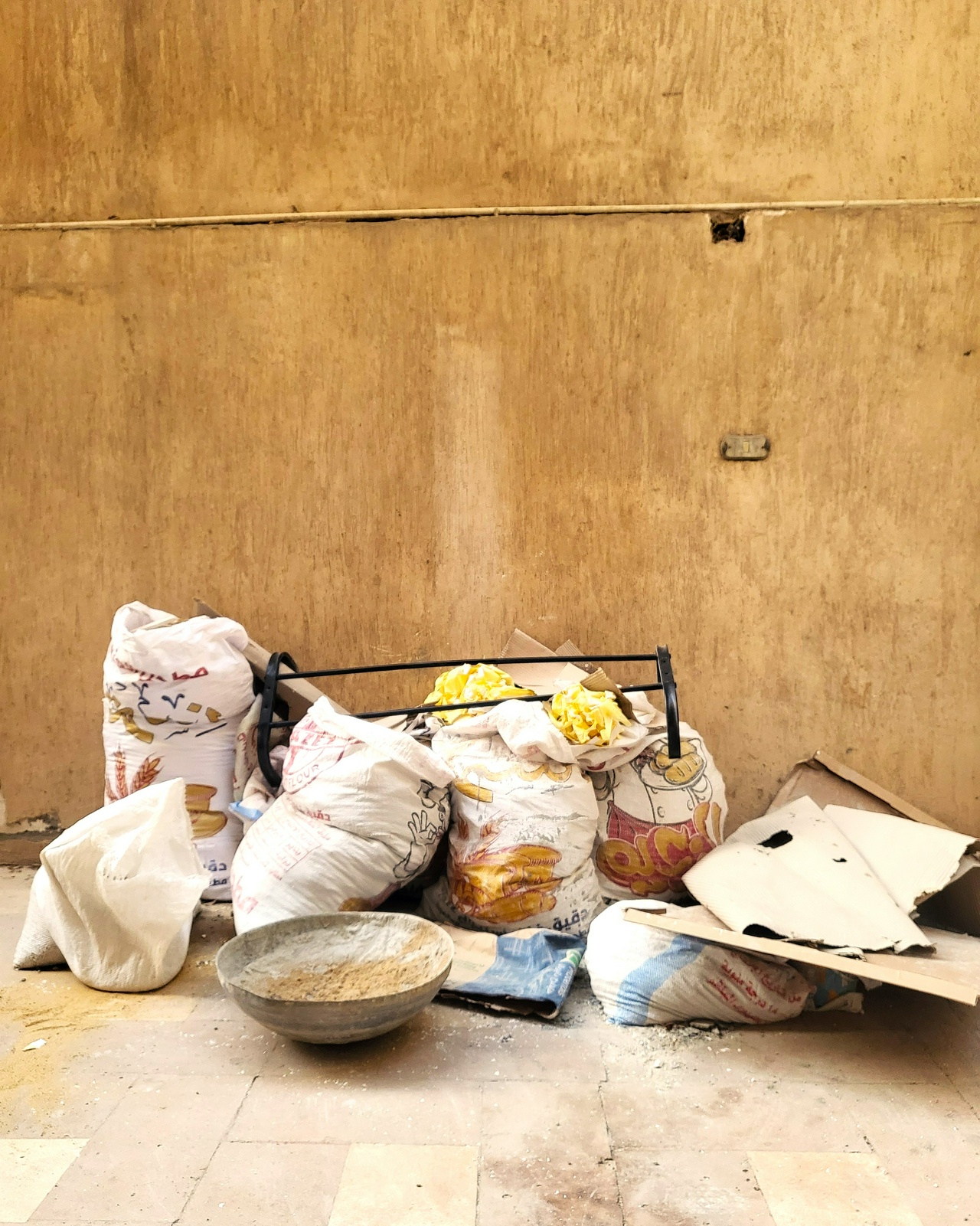“The imperial civilization may well have absorbed numerous contributions from various conquered peoples, but the hybrid result was still alien to the vast majority. The process of assimilation was often painful and traumatic. It is not easy to give up a familiar and beloved local tradition, just as it is difficult and stressful to understand and adopt a new culture.”
From Yuval Noah Harari's SAPIENS.
“Worse still, even when subject peoples were successful in adopting the imperial culture, it could take decades, if not centuries, until the imperial elite accepted them as part of 'us'. The generations between conquest and acceptance were left out in the cold. They had already lost their beloved local culture, but they were not allowed to take an equal part in the imperial world. On the contrary, their adopted culture continued to view them as barbarians.”
Still the case today thousands of years since the first empires. Take Rishi Sunak for instance, a man of Indian ethnicity who ascended to the seat of British Prime Minister 167 years after the British conquest of India, and who still faced questions about the authenticity of his Britishness despite having practically nothing Indian about him other than his features. If instead a white British PM who'd developed a soft spot for Indian Culture had went on and on about his love for Indian food, music, history, cinema, and textiles, no one would've batted an eye. We still, as a species, seem to be hardwired to be optically xenophobic more than anything. Some of us more than others anyway.
To be expected though, given that the doctrine of equality and human rights is still so very young when considered in the context of human history. But then again, we've kind of been through all this before:
“During the second century AD, Rome was ruled by a line of emporers born in Iberia, in whose veins probably flowed at least a few drops of local Iberian blood. The reigns of Iberian emperors—from Trajan to Marcus Aurelius—are often seen as the empire's golden age. After that, all the ethnic dams were let down. Emperor Septimius Severus (193-211) was the scion of a Punic family from Libya. Elagabalus (218-22) was a Syrian. Emperor Philip (244-9) was known colloquially as 'Philip the Arab'. The empire's new citizens adopted Roman imperial culture with such zest that, for centuries and even millenia after the empire itself collapsed, they continued to speak the empire's language, to live by the empire's laws, and to believe in the Christian God that the empire had adopted from one of its Levantine provinces.”





